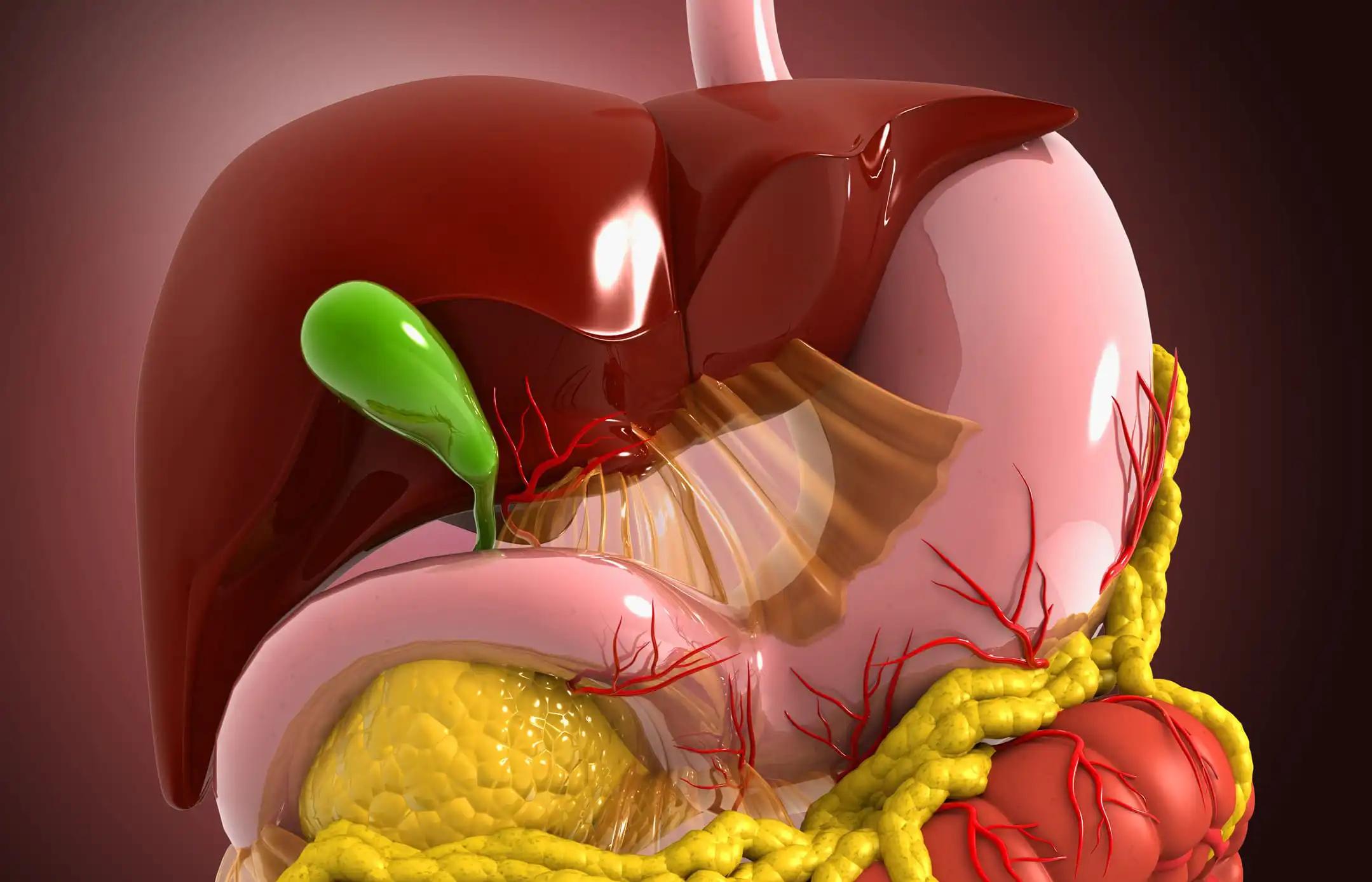KEY TAKEAWAYS
- The Phase 1 & 2 trials aimed to investigate the efficacy of IMM-1-104, a novel MEK inhibitor, in targeting the MAPK pathway with a DCI approach for RAS-mutant solid tumors.
- Researchers observed significant progress in patients with PC, affirming its potential as monotherapy combined with chemotherapy, thus advancing its translational roadmap.
Addiction to the MAPK pathway is a hallmark of many cancers, with RAS mutations being prevalent in pancreatic cancer (PC). IMM-1-104, under evaluation in a Phase 1/2a trial for RAS-mutant solid tumors, employs a unique deep cyclic inhibition (DCI) strategy targeting MEK within the MAPK pathway. Unlike conventional MAPK inhibitors, which induce chronic pathway suppression leading to significant toxicities and resistance, IMM-1-104’s pharmacokinetic profile aims for pulsatile MEK inhibition to enhance tolerability and efficacy across various MAPK-driven tumors. Phase 1 dose escalation demonstrated favorable safety, high oral bioavailability, a plasma half-life of about 2 hours, and pharmacodynamic data supporting DCI.
P. King and the team aimed to assess the efficacy and safety of IMM-1-104 in RAS-mutant solid tumors, focusing on its novel DCI approach targeting the MAPK pathway.
They performed an inclusive analysis integrating IMM-1-104 responses in humanized 3D tumor growth assays (3D-TGA) with next-generation sequencing (NGS) data using machine learning (ML) techniques to refine a pharmacogenomic response model.
Utilizing databases like AACR Project GENIE, they predicted patient alignment of preclinical models based on genomic profiles, identified patient populations with MAPK pathway addiction, and projected sensitivity to IMM-1-104 mono- or combination therapy.
To assess combinations with approved chemotherapy agents, IMM-1-104, gemcitabine (GEM), nab-paclitaxel (PAC), and 5-fluorouracil (5FU) were evaluated in tumor xenograft models with drugs alone or across multiple combinations.
About IMM-1-104, significant combination effects were observed when treated with GEM or PAC in 3D-TGA PC models. In a MIA PaCa-2 tumor xenograft model, IMM-1-104 alone demonstrated greater tumor growth inhibition (TGI) than any single or combination chemotherapy tested. Combinations of IMM-1-104 plus chemotherapy resulted in near-complete responses in most animals.
At day 39, antitumor activity (TGI%) was 103% for IMM-1-104 at 125 mg/kg BID PO, 25.2% for GEM at 60 mg/kg IP Q4D, 62.2% for PAC at 10 mg/kg IV Q4D, and 36.6% for 5FU at 50 mg/kg IP Q4D. These results, along with additional 3D-TGA pharmacogenomics data, advanced ML modeling to query the GENIE database, identifying biomarkers of response and resistance to further inform mono and combination treatment options with IMM-1-104 in PC.
The study concluded that the Phase 2a segment of the ongoing IMM-1-104 clinical trial included five arms, particularly on PC across three arms. IMM-1-104 is being assessed as a standalone therapy with approved chemotherapeutic agents in specific combinations.
The newly presented in vitro, in vivo, and ML modeling data underscore the progression of IMM-1-104’s translational roadmap in addressing PC.
The trial was sponsored by Immuneering Corporation.
Source: https://www.abstractsonline.com/pp8/#!/20272/presentation/8367
Clinical Trial: https://clinicaltrials.gov/study/NCT05585320
King P., Funt J., Kolitz S., et al. (2024). “Activity of IMM-1-104 alone or in combination with chemotherapy in RAS-altered pancreatic cancer models.” Presented at AACR 2024 (Abstract 4195 / 19).



